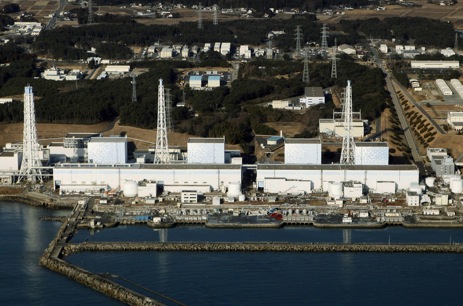Japan is now facing a worst-case scenario for its Daiichi nuclear power plant. But that’s no reason to stop building new nuclear power plants, say a bevy of pundits. Their reasons are myriad. Some, like one Wall Street Journal editor, make the economic argument that all human endeavors are fraught with risk, so this one eensy weensy catastrophe is no reason to continue to unfairly burden nuclear power plants with “artificial obstacles and delay.”
Others, like Kevin Bullis at Technology Review, point out that Japan’s Daiichi plant is a “Generation II” type plant, which means it relies on pumps to circulate cooling water through its reactors. Newer, “Generation III” reactors include such innovations as “passive cooling,” in which gravity and convection guarantee that even in the event of total loss of power, the core will continue to be supplied with cooling water.
Journalist Mark Lynas says that danger or no, nuclear power is an absolute requirement for de-carbonizing our energy system and averting the worst affects of climate change:
Perhaps in the fullness of time a rational assessment will conclude that the current crisis is no more an argument against nuclear power than the devastating tsunami is an argument against building towns on the coast.
[…]
We need nuclear power. If what happens at Fukushima dims the prospects for increasing the world’s use of it, then the battle against climate change will be infinitely more difficult to win.
For another take on these events, check out what critics of nuclear power are saying.
Read more:
“Nuclear Overreactions,” Wall Street Journal
“Newer Nuclear Reactors May Not Have Failed in Japan,” Technology Review
“What does the Japanese quake crisis say about nuclear power?,” Mark Lyna




